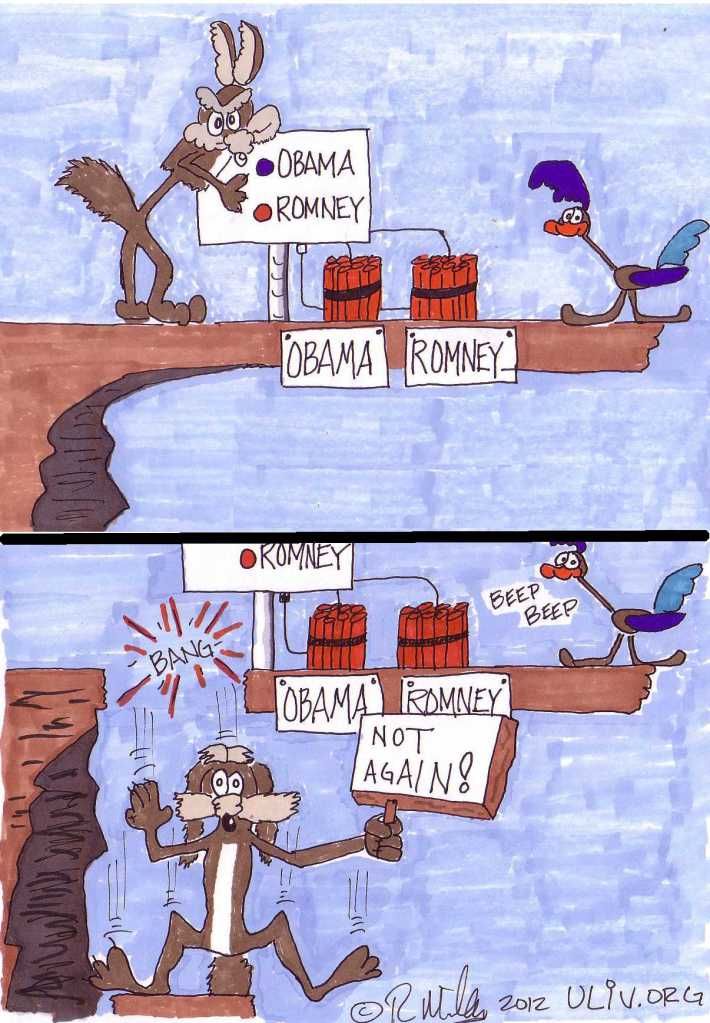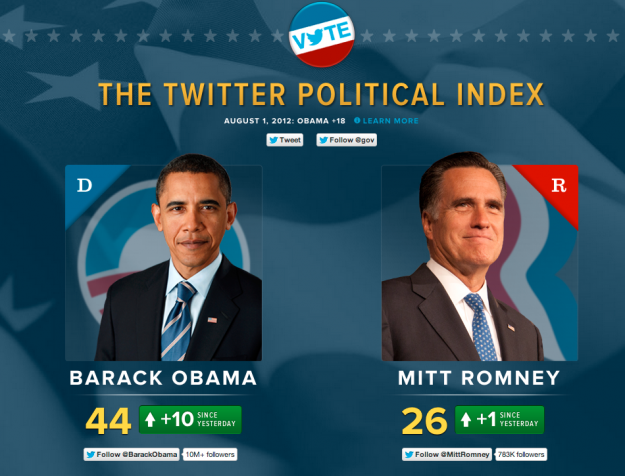Harry Kresky is councel to IndependentVoting.org and Chair of Election Law Committee of New York County Lawyers Association. He blogs at Legal Briefs and publishes regularly on Huffington Post.
A CAUTIONARY TALE
Richard Winger, editor of Ballot Access News and a longtime
advocate for the rights of minor parties, has, along with several others, been
held liable to pay $243,279.50 in attorney’s fees after losing a lawsuit
brought to invalidate California’s new “top-two” primary system, adopted in a June,
2010 referendum. I understand that a
motion for reconsideration has been filed, and I am hopeful that this penalty
will be vacated so that Richard’s important work in the area of electoral
reform will not be crippled.
This unfortunate situation is a
cautionary tale for those of us who seek to advance the cause of electoral
reform through the courts.
Richard and I have worked together
for many years in various efforts to open up the electoral process and level
the playing field for independent voters and minor parties. We differ strongly
on the issue of top-two. In Richard’s
view, top-two hurts minor parties by limiting the candidates on the general
election ballot to the two highest vote getters in a non-partisan primary
election in which all candidates and all voters, regardless of party affiliation,
participate on an equal footing. Candidates
are permitted to list a party preference.
Under the traditional system of party primaries, still operative in most
states, each qualified party, major or minor, is assured that its candidate will
appear on the general election ballot under the party’s name.
For independents like me, top-two
is a positive reform because it allows independent voters (who are more often
than not barred from party primaries) to fully participate in the electoral
process, and it breaks the hold of the parties on the candidate selection
process.
In their efforts to defeat this
reform, through the courts and otherwise, Richard and other minor party activists
have, in my opinion, allowed themselves to be used by the major parties. The parties,
major and minor, have opposed the top-two system. In California, the Democrats and Republicans
decided it was best to allow the minor parties to play the more active role
both in the media and in the courts. And
since the adoption of top-two by a substantial majority (53.8 to 46.2 percent)
of the voters, the major parties have worked to discover how to use the new system
to their advantage, while Richard and the minor parties in California have continued
to litigate against it.
In continuing down this road, they
ignored warning signals that they would not only reach a legal dead end, but that
there might be adverse financial consequences for lawyer and client alike. The U.S. Supreme Court has upheld top-two as
constitutional, and the U.S. Court of Appeals rejected a further challenge
after the Supreme Court ruled. The
efforts of Richard and his attorney to enjoin the implementation of top-two
also failed.
The lawsuit in question tried to
parlay two minor issues, neither of which had legal merit, into a wholesale
attack on the top-two system. The issues
were whether a candidate could list as a party preference only the name of a qualified
party, and whether top-two made write-in votes impossible. By lack of merit, I mean that the Courts had
already ruled that neither of these was a constitutional right that state legislation
had to respect. They are questions of
public policy, with arguments on both sides.
Furthermore, these alleged defects in top-two can be easily remedied by
the legislature.
Despite all of this, Richard and
his lawyer went ahead in their effort to overturn an important pro-democracy
reform that the voters of California had supported. There are lessons here. They have to do with what you can and can’t accomplish
through the courts, and what warning signals you must heed, as an attorney or a
litigant, in the electoral arena.
Perhaps most important,
particularly for independents, we must not allow ourselves to be used by the
major parties to prop up a partisan political arrangement from which more and
more Americans are disaffected. Did
Richard believe his alliance with the major parties would provide legal and
financial cover, despite the weakness of his case? We all have something to learn from these
unfortunate events.















